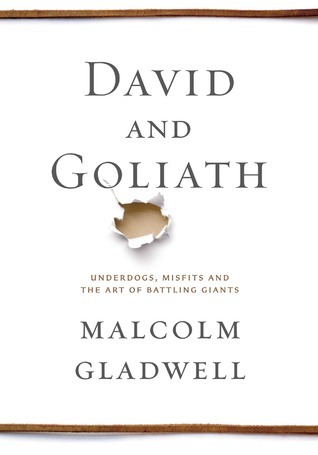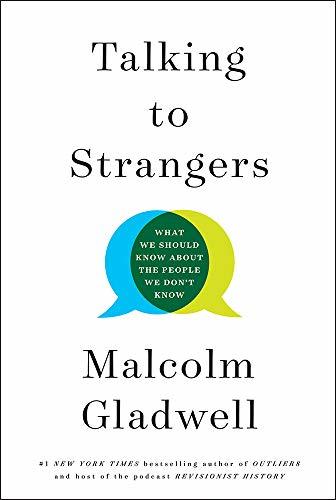
Outliers: The Story of Success
Book Description
What if success isn’t just about talent or hard work? In "Outliers: The Story of Success," Malcolm Gladwell takes you on a riveting journey through the hidden factors that shape extraordinary achievements. From the 10,000-hour rule to the unbreakable ties of culture and timing, every page uncovers the surprising connections behind greatness. Discover how some rise above the rest while others remain unseen. Is success truly a matter of individual effort, or is it a complex web of circumstances and opportunities? Prepare to rethink everything you thought you knew about what it takes to be an outlier.
Quick Book Summary
Malcolm Gladwell's "Outliers: The Story of Success" challenges the traditional belief that individual talent and hard work are the sole drivers of extraordinary achievement. Gladwell explores the hidden cultural, social, and environmental factors that contribute to success, suggesting that opportunity, timing, upbringing, and community can be as important—if not more—than personal effort. Through compelling stories, such as the 10,000 Hour Rule in mastering skills, the impact of birth dates on sports achievement, and the cultural legacy influencing decision-making, the book uncovers how extraordinary success is often the result of cumulative advantages and unique circumstances. Ultimately, "Outliers" redefines our understanding of what it means to be successful and urges us to appreciate the wider context behind every remarkable accomplishment.
Summary of Key Ideas
Table of Contents
Success Is a Product of Opportunity and Timing
Success is often attributed to innate talent and determination, but Gladwell demonstrates that opportunities—like when and where a person is born—can play a substantial role. He analyzes how birth dates can influence athletic prospects in hockey due to age cutoffs, and how growing up in Silicon Valley in the 1970s was crucial for technology innovators. These examples show that timing and environment can open doors that might otherwise remain closed, setting outliers apart from their peers.
The 10,000 Hour Rule: Mastery Through Practice
The "10,000 Hour Rule" provides a framework for understanding expertise. Gladwell uncovers that mastery in areas such as music, sports, or technology is typically achieved after roughly 10,000 hours of dedicated practice. While effort is essential, access to resources and supportive circumstances—such as early exposure to computers for Bill Gates or violin for elite musicians—make it possible to accumulate such immense practice time.
Cultural Legacy and Its Influence
Culture and upbringing shape the behaviors, mindsets, and aptitudes that drive success. Gladwell examines how certain cultural values, such as deference to authority in Korean airline pilots or the communal work ethic in Jewish immigrant communities, can both hinder and help individuals. These shared beliefs are often passed down over generations, quietly molding the way people approach challenges and opportunities.
Hidden Advantages and Cumulative Effect
Success is also amplified by a series of hidden advantages and compounding effects. Small, often unrecognized edges—like attending the right school, having supportive parents, or being born in a profitable era—can lead to outsized benefits. Over time, these advantages accumulate, making it easier for some to get ahead while others struggle to break through invisible barriers.
Rethinking the Myth of the Self-Made Person
Ultimately, Gladwell argues we must rethink our definitions of merit and success. Rarely are outliers wholly self-made; their stories reveal a tapestry of luck, timing, support, and perseverance. By exposing these underlying patterns, Gladwell encourages societies and organizations to reconsider how they recognize and foster talent, challenging the myth of pure self-reliance and promoting a more nuanced understanding of greatness.
Download This Summary
Get a free PDF of this summary instantly — no email required.





